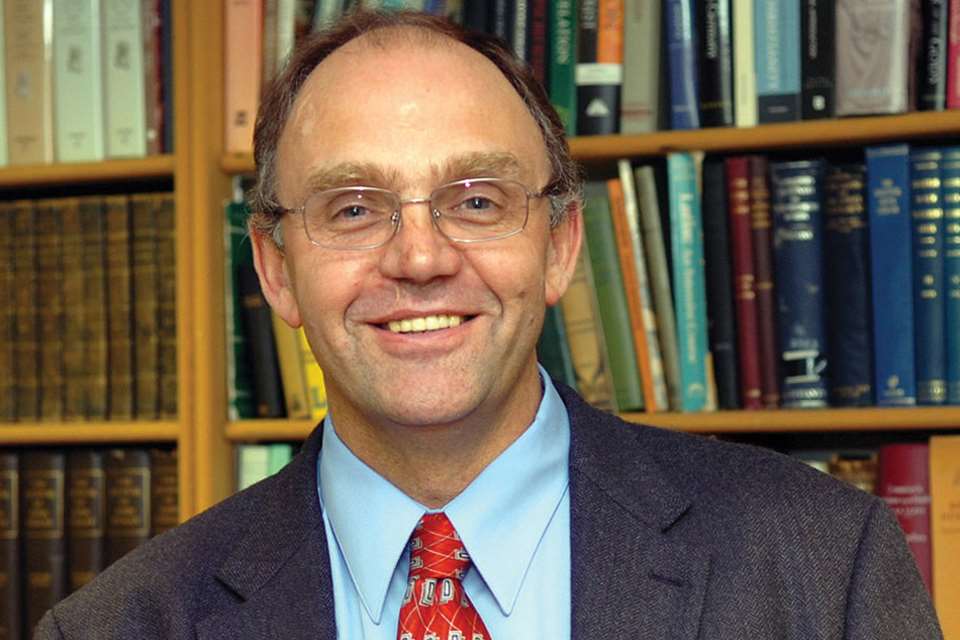Universities call for action on Early Years Teacher Status
Tuesday, May 15, 2018
A letter signed by academics from more than 20 universities is being sent to MPs and ministers this week, warning that the early years graduate workforce is at risk.

The signatories are all providers of Early Years Initial Teacher Training, frustrated by the lack of action since the publication last year of the Early Years Workforce Strategy.
They include Dr Eunice Lumsden, head of Early Years at the University of Northampton, Kirsty Weeks, course leader for Early Years ITT at the University of Warwick, Lucy Fogg, senior lecturer at Canterbury Christ Church University, and Tamsin Grimmer, lecturer on the Early Years ITT course at Bath Spa University.
In the letter, they say that the Early Years Workforce Strategy ‘made a positive commitment’ to consult on amending the regulations to allow those with Early Years Teacher Status (EYTS), and its predecessor Early Years Professional Status (EYPS), to lead nursery classes and reception classes in maintained schools.
‘The intent being that the specialist training and status of Early Years Teachers (EYTs) would be recognised across all types of early years settings,’ it adds.
However, as the letter points out, since the publication of the strategy in March last year, there has been 'no mention of timings' for a consultation on this proposal.
A review of the Early Years Initial Teacher Training (EYITT) routes was meant to take place last year.
Moreover, as Nursery World has learnt, the Department for Education is now not planning on holding any consultations on the workforce strategy. A recent review of Qualified Teacher Status (QTS) made no mention of Early Years Teacher Status.
The letter continues, ‘We feel it is absolutely necessary that this item does not slip down the educational agenda. Poor pay, increased expectations and a lack of career progression opportunities are very real issues within the current early years workforce and are having a negative effect on the recruitment and retention of qualified staff. Ultimately this impacts upon the children and families we seek to support.’
 Debra Laxton, (right), Early Childhood lead at the University of Chichester told Nursery World, ‘We know graduates make a difference. They can be the change agent the Government desires.’
Debra Laxton, (right), Early Childhood lead at the University of Chichester told Nursery World, ‘We know graduates make a difference. They can be the change agent the Government desires.’
She added, ‘The graduate workforce is at risk and outcomes for children are at risk. [The Government] has created an entry requirement and standards that are equal to QTS, why aren’t these trainees getting QTS recognition and financial reward as well as QTS?’
The letter is being sent to the signatories’ own MPs, as well as education secretary Damien Hinds, schools minister Nick Gibb, children and families minister Nadhim Zahawi, universities minister Sam Gyimah, and Michelle Dyson, director of early years and childcare at the DfE.
The Department for Education has said that 'work is still under way' on proposals for graduates. A DfE spokesperson told Nursery World, 'We are considering a range of approaches to increasing the number of graduates in the early years sector, but work is still under way.'












